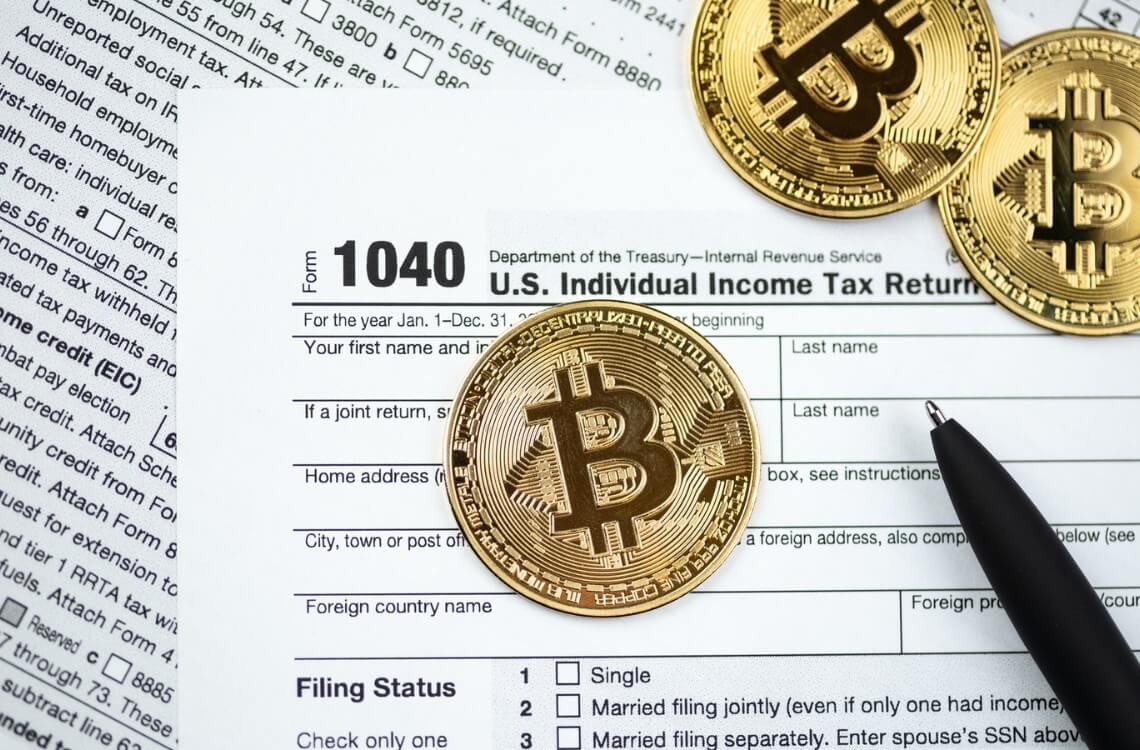Coinbase, a pivotal player in the crypto space, has sounded the alarm bells. Paul Singh Grewal, the exchange’s chief legal officer, is challenging the community to push back against the U.S. Treasury’s looming crypto tax reporting reforms.
The crux of the concern? This isn’t just about taxes; it’s about the very foundation on which the crypto industry is built.
The Taxman’s Latest Move: More Than Meets the Eye
This past August, the U.S. Internal Revenue Service unveiled a draft detailing proposed cryptocurrency tax regulations. On the surface, the IRS’s agenda seems benign, perhaps even beneficial.
They’re asking crypto brokers to embrace a new form designed to declutter the tax filing process and thwart those evading their fiscal duties.
The rules, encompassing centralized and decentralized platforms, also target crypto payment mediums and specific digital wallets. Yet, the U.S. Treasury was quick to wrap these reforms in a cloak of simplicity.
Their narrative suggests that this new tax structure, set to become operational in 2026, is aimed at streamlining the filing procedure.
The purported benefit is that users will now know outright if they owe taxes, bypassing the need for intricate computations or shelling out fees for specialized tax services.
To add to the urgency, some lawmakers are pressing for even swifter implementation, ahead of the slated 2026 timeline.
A Closer Look: Coinbase’s Reservations
But peel back the layers, and a more concerning image emerges, at least through Coinbase’s lens. Contrary to the Treasury’s assurances of aligning digital currencies with traditional financial reporting, Grewal discerns a more menacing undertone.
He raises the specter of an invasive oversight mechanism, one that keeps tabs on every minute digital transaction. Imagine a world where even your crypto-backed coffee purchase leaves a paper trail for the taxman.
What’s more, Grewal doesn’t mince words about the implications. To him, this isn’t about achieving parity with conventional financial systems.
Instead, it’s about setting the stage for an overreaching surveillance apparatus, keenly watching the financial maneuvers of everyday consumers.
Yet, the concerns don’t end there. Grewal is vociferous about the depth of user information these regulations would amass. In his estimation, this isn’t just an encroachment on privacy but a potential bureaucratic quagmire.
Web3 startups, the lifeblood of the crypto future, could find themselves mired in cumbersome data collection mandates. This could stifle innovation, bogging down fledgling ventures with onerous obligations.
Moreover, the vast data pools could be more than the IRS can efficiently process, leading to an inefficient system ripe for missteps. Coinbase’s critique underscores a pivotal moment for the crypto world.
As regulations loom, the industry must navigate the delicate balance between legitimizing digital currencies and preserving the ethos that makes crypto unique.
The overarching question remains: Will the crypto community rally against these reforms, or will they become the new norm? Only time will tell. But for now, Coinbase stands firm, advocating for the preservation of the industry’s foundational principles.





